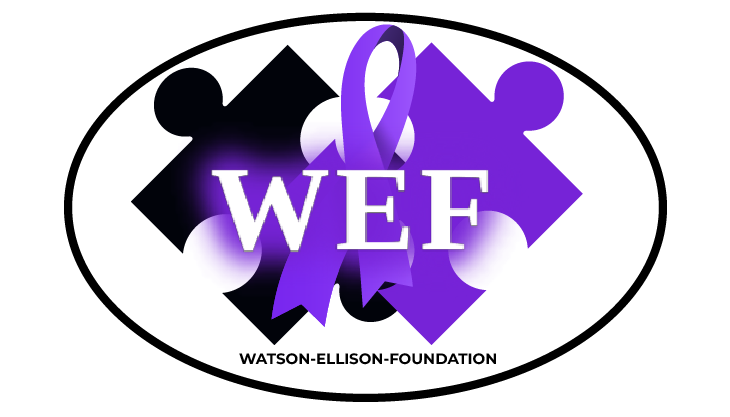No products in the cart.

Navigating Life with Alzheimer’s: Embracing Positivity and Connection
Receiving a diagnosis of Alzheimer’s disease can be a life-altering event, not just for the individual affected but also for their loved ones. While Alzheimer’s poses its challenges, it is possible to live a good and fulfilling life by focusing on maintaining a positive outlook, fostering meaningful connections, and adapting daily routines to accommodate the changes associated with the condition.
1. Embracing a Positive Mindset
Living a good life with Alzheimer’s begins with cultivating a positive mindset. While memory loss and cognitive decline may be part of the journey, it’s essential to focus on the present moment and find joy in everyday experiences. Positive thinking can contribute to overall well-being and enhance the quality of life.
- Gratitude Practice: Start each day by reflecting on things to be grateful for. Expressing gratitude can shift focus away from challenges and promote a positive mindset.
- Mindfulness and Meditation: Incorporate mindfulness and meditation practices into daily routines. These techniques can help reduce stress, improve concentration, and enhance overall mental well-being.
- Engaging in Activities: Pursue activities that bring joy and a sense of accomplishment. Whether it’s art, music, gardening, or puzzles, finding enjoyable and stimulating activities can contribute to a positive outlook.
2. Building and Nurturing Connections
Maintaining social connections is crucial for individuals with Alzheimer’s. Building a strong support network can provide emotional, practical, and social support, fostering a sense of belonging and reducing feelings of isolation.
- Family and Friends: Stay connected with family and friends who understand and support the journey. Share experiences, memories, and moments of joy with loved ones.
- Support Groups: Joining Alzheimer’s support groups can provide a sense of community and understanding. Connecting with others facing similar challenges can offer valuable insights and emotional support.
- Caregiver Involvement: Involve caregivers in daily activities and decision-making. Open communication and collaboration with caregivers can strengthen the support system and enhance the overall quality of life.
3. Adapting Daily Routines
Adjusting daily routines to accommodate the challenges of Alzheimer’s is essential for maintaining independence and a sense of control.
- Simplify Environment: Create a clutter-free and organized living space. Simple modifications, such as labeling drawers and cabinets, can make it easier to navigate daily tasks.
- Establish Routine: Establishing a daily routine can provide a sense of structure and predictability. Consistency in daily activities helps individuals with Alzheimer’s feel more secure and in control.
- Utilize Memory Aids: Use memory aids such as calendars, reminders, and notes to assist with daily tasks and appointments. Technology, like smartphones and tablets, can also be valuable tools for reminders and communication.
Conclusion
Living a good life with Alzheimer’s is about embracing the present, building meaningful connections, and adapting daily routines to promote a sense of independence. While the challenges of Alzheimer’s are undeniable, focusing on positivity, fostering connections, and making practical adjustments can contribute to a fulfilling and enriching life despite the diagnosis. With the support of loved ones and a proactive approach to well-being, individuals with Alzheimer’s can continue to experience joy, purpose, and connection.



